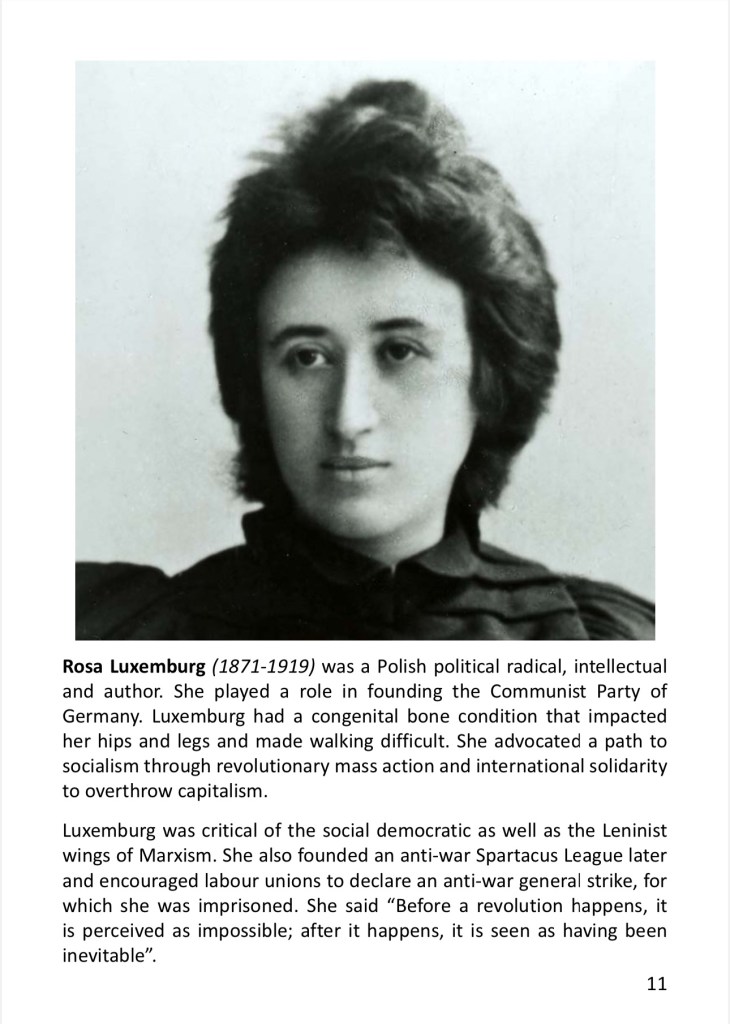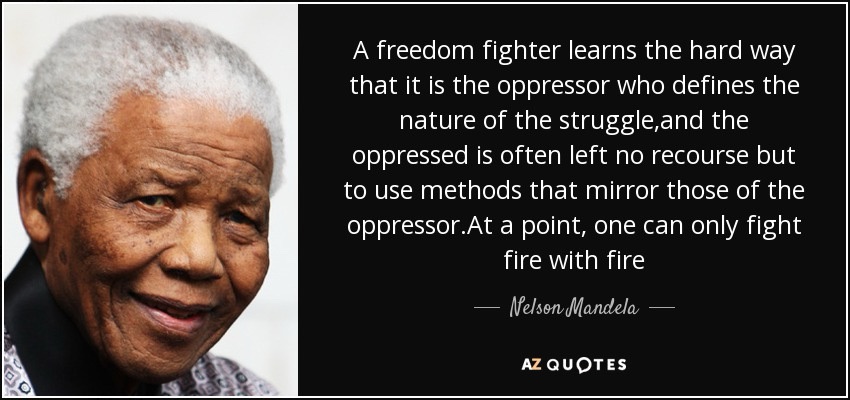Pakistan’s US-Backed Coup Regime Stirs Up Pashtun Hornet’s Nest
Related:
Taliban’s Military Opposition and Civil War or Peace in Afghanistan
On the other hand, for several months, the opposition has been trying to lobby for military and economic equipment, people’s aid from the West and the United States, military and strategic support, and recognition of their legitimacy.
…
In addition, the trend of former forces joining the opposition increases the risk of civil war in Afghanistan’s complex and mountainous geography. In the meantime, some foreign actors may strengthen their position on helping the opposition.
China’s Embrace of the Taliban Complicates US Afghanistan Strategy
Beijing is pursuing two main objectives through its outreach to the Taliban. The first is assurance from the Taliban that they will mitigate threats posed by extremist groups that operate close to China’s borders. In particular, Beijing wants the Taliban to stop the East Turkestan Islamic Movement (ETIM), which supports Uyghur separatism, from expanding and potentially carrying out attack targeting Chinese interests [AKA BRI] in the region.
Second, Beijing wants to protect the investments it has already made in Afghanistan and plans to make through programs like the BRI. Proposals by Chinese companies to extract and develop Afghanistan’s copper and oil deposits have been on hold for more than a decade due to political instability. With the United States gone, China hopes the Taliban can stabilize the country enough to resume these projects.
China’s willingness to partner with the Taliban undermines American efforts to influence the extremist group’s behavior through pressure campaigns and sanctions. Beijing has directly lobbied on Kabul’s behalf, demanding that Washington return Afghanistan’s frozen assets, a step that would only weaken U.S. leverage. At the aforementioned foreign ministers meeting, Chinese leader Xi Jinping’s statement called for more aid for Afghanistan and made no mention of the Taliban’s human rights record.
Although Washington cannot stop China from working with the group, the United States and likeminded partners can take steps to mitigate China’s growing influence in Afghanistan.
…
To be sure, India has historically been reluctant to serve as the balancing power to China that Washington seeks in South Asia. Yet the Biden administration should understand India’s national interest in preventing regional dominance by Pakistan and China. A hostile Afghanistan supported by Pakistan and China would diminish India’s positive regional influence and further place New Delhi at the mercy of its rivals. China’s outreach to the Taliban also reaffirms the necessity for future conversations about mitigating Chinese influence in the broader Indo-Pacific as part of continuing dialogue among Australia, India, Japan, and America, also known as the Quad.
…
Recent meetings between representatives from Beijing and Kabul threaten to subvert American [corporate] interests for peace [😂] and stability [😂] in Asia. China’s actions undermine U.S. leverage and further legitimize the Taliban’s control of Afghanistan.
No chance for peace, and stability, with the US and their vassal states [Pakistan, etc] involved!




You must be logged in to post a comment.